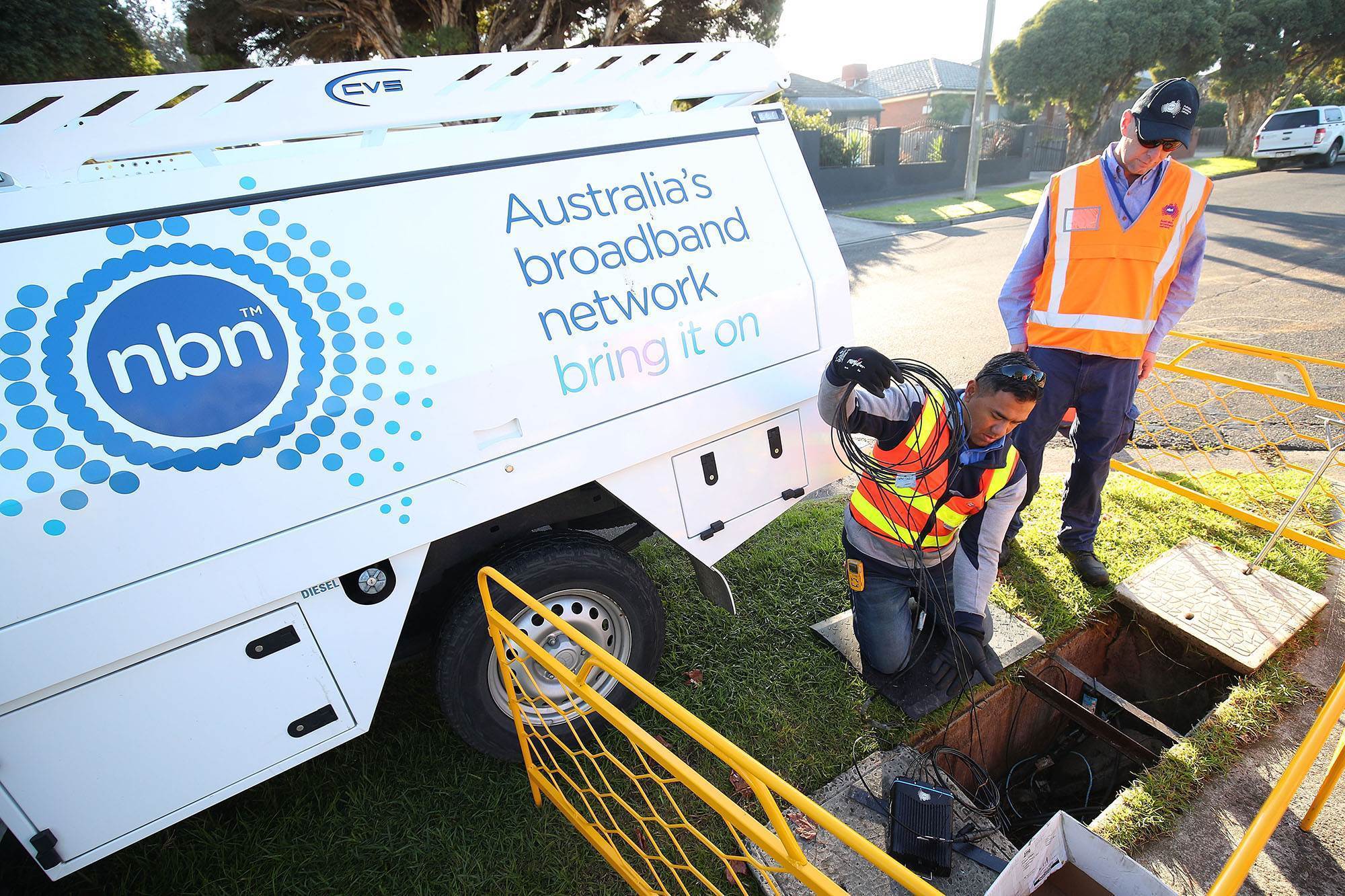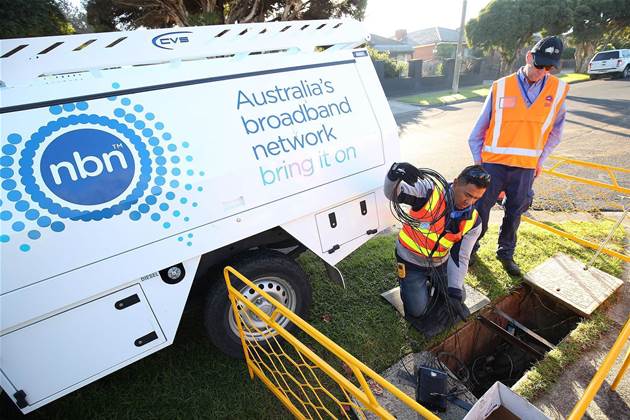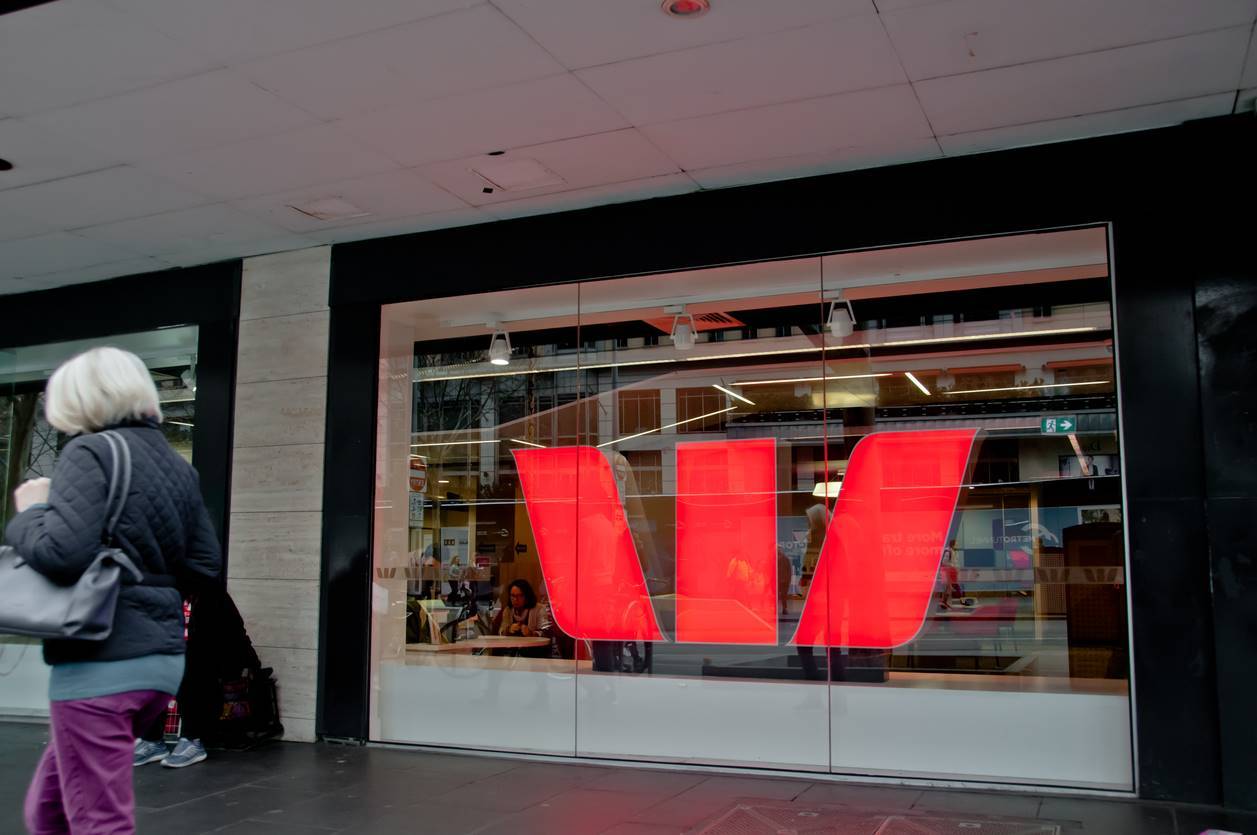
Users of NBN Co’s up-to-gigabit broadband services have enjoyed less variable, faster peak-hour speeds after backhaul bandwidth charges were removed last year.

The Australian Competition and Consumer Commission (ACCC) published its regular Measuring Broadband Australia (MBA) report [pdf], which showed the end of backhaul charges on plans of 100Mbps and above had the greatest impact on NBN Co’s highest-speed services.
At peak hours, the report found, those services went from a large range of between 686Mbps and 851Mbps in September 2023, to between 818Mbps and 851Mbps.
Connectivity virtual circuit (CVCs) charges were a contentious NBN tariff construct, under which retailers were charged both for the service delivered to a customer (the access virtual circuit, or AVC) and the backhaul for all customers in the serving area (CVC).
The most recent special access undertaking (SAU) proposed by NBN Co and accepted by the ACCC removed the CVC charges on higher-speed services and will phase them out gradually for sub-100Mbps services.
Retailers long complained that the CVC gave them an incentive to under-provision that backhaul, something which seems borne out by the performance uptick with CVC charges removed.
However, the effect of the new CVC-less price model was far less marked at lower speeds: while the maximum speed boost for ultrafast users was close to 20 percent, the ACCC said peak-hour download performance for users on 100Mbps and 250Mbps fixed line plans was only “marginally higher” than the September measurement.
An NBN Co spokesperson told iTnews the ACCC’s report is in line with the company’s own network observations.
“I can confirm the ACCC’s report is accurate and aligns with our network monitoring,” the spokesperson said.
“This is one of the big operational benefits that we provided retail service providers through the special access undertaking process. Utilisation-based billing takes away the daily CVC management tasks they had to do before.
“More than 2.5 million services in operation today don’t face any level of CVC congestion.”
The spokesperson added that NBN Co decided “a couple of years ago” to also over-provision download speeds, something the MBA report picks up with most customers “consistently enjoying more than 100 per cent of the maximum wholesale speed.”
The MBA report uses performance samples from “white boxes” in volunteers’ homes and is compiled by UK firm SamKnows, which is now part of Cisco.
There are 1279 services of 500Mbps and below in the sample, and 236 up to gigabit services.
The report’s appendix reports nearly 500 participants at 100Mbps, and 122 at 250Mbps.
Apart from the largest customer segment, 100Mbps services, this compares favourably to the number of services reported by the ACCC in its regular wholesale market indicators data.
That study reports around 315,000 100Mbps AVCs in December 2023, 6900 250Mbps AVCs, 1300 500Mbps AVCs and 1076 gigabit AVCs.






